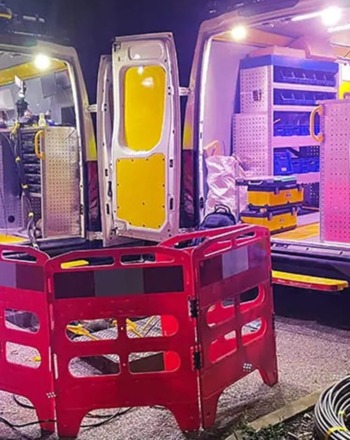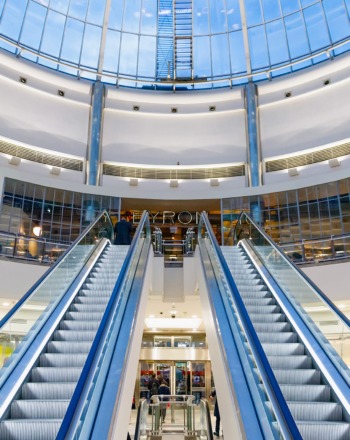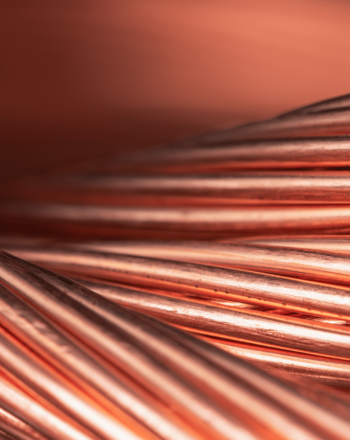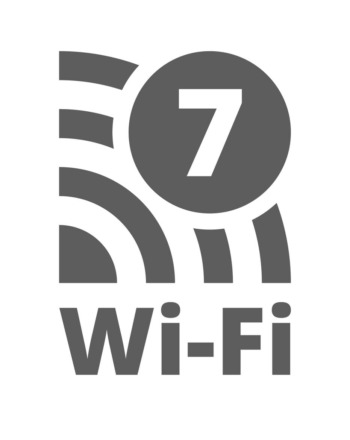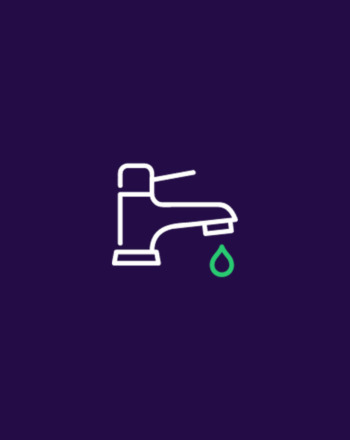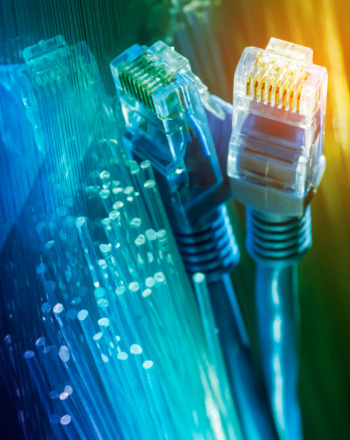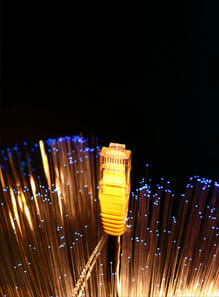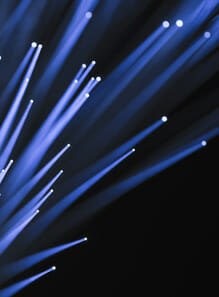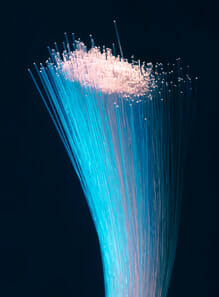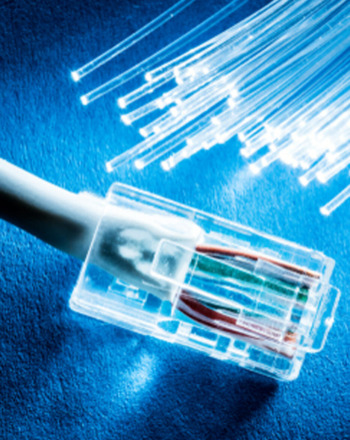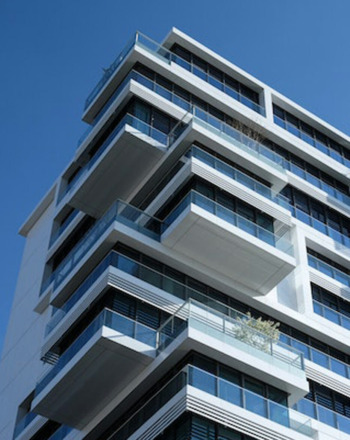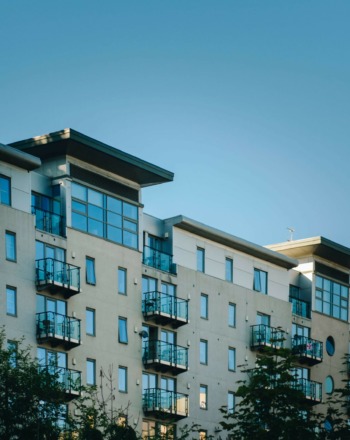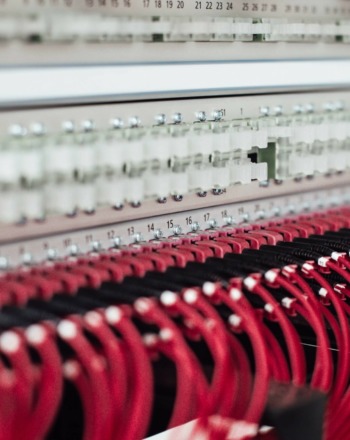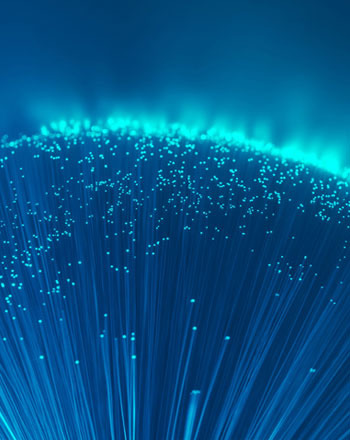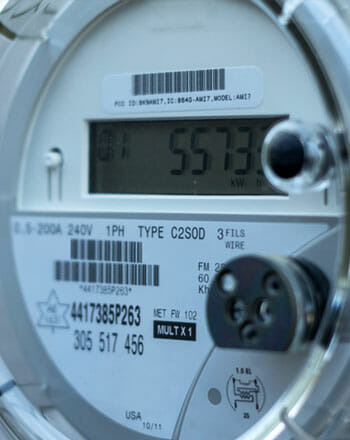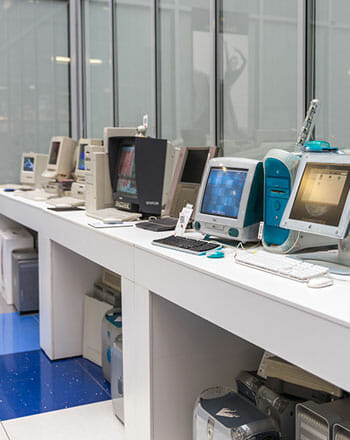The demand on networks is ever-increasing as people move additional aspects of their lives online. Fibre optics are essential in meeting the demands of users who not only use more data but also expect higher speeds and smoother connections as standard. With the ability to carry huge amounts of data at much higher speeds, it’s the ideal option for providing reliable internet connections and enabling an efficient transfer of data.
What Do Fibre Optics Do?
Fibre optics is the term used for the technology that transmits information (or data) as light pulses, along a glass fibre. An additional layer of glass (cladding) is wrapped around the core. This causes light to bounce off the walls of the cable and avoids any leakage at the edges.
With minimal attenuation, fibre optic cables can use these fast-travelling pulses of light to transmit data. In fact, there are miles beneath the sea which connect continents. Furthermore, it’s these connections that enable key data centres hosting cloud-based applications to function efficiently.
Increasingly, fibre optics are playing a part in our homes and businesses and increasing the speed and efficiency of connectivity and communication.
Benefits of Fibre in Business
If you run a business, you’ll know the importance of working efficiently, seizing all available opportunities, and satisfying your customer.
Using Fibre in business provides users with the foundation to work without delay throughout the day.
Higher Bandwidths to Meet Demands
Regardless of the size of your business, it’s inevitable that you’ll have times when the demand on your internet connection is high, or you need to transmit bulky data to cloud-based apps.
Whether you’re making video calls, watching online presentations or simply have an office full of employees, you’ll be able to rely on consistently higher bandwidths. Fibre optics are enabling businesses to deal with demand, achieve goals and exceed customer expectations.
Stronger Signal Strengths
Wavering signal or signal that is continually weak can be incredibly frustrating, causing costly delays and interruptions to work. The potential financial losses of weak signal can’t be underestimated, alongside the stress and time spent waiting for it to be resolved.
In contrast to traditional copper cables, fibre optics rarely need amplification. Signal strength with fibre optics is stronger and more consistent than any previous form of cable, enabling the entire business to work effectively throughout the day.
Ideal for Cloud-based Apps
Fibre broadband offers users faster internet speeds and a consistently reliable, secure connection. This is essential if a business uses cloud-based apps and services.
By gaining faster and smoother data access from the cloud, employees will be able to upload bulky data as and when needed or simply rely on a space to communicate and share data with colleagues.
Scalability
Investing in fibre optics gives you the opportunity to scale your business up whenever the time comes. With its long-life span, fibre broadband can grow and when you grow, giving you the peace of mind that you’ve put the foundations in place.
Fibre optics can offer ideal solutions for every type of business, whether you’re a small or medium-sized operation or a larger corporation.
Cost Effective
Whilst many businesses deliberate the cost of installing fibre optics, there is no doubt that the results can save not only time and stress, but also money. Fibre optics is an extremely cost-effective measure for businesses who are increasingly responding to a digitally demanding world.
With a more reliable connection, faster upload and download speeds and less downtime overall, businesses can be confident that they are functioning as efficiently as possible and able to pursue every potential opportunity.
How Is Fibre Optic Broadband Installed?
Glide has worked in a number of UK cities such as Birmingham, London and Manchester to install fibre optic broadband.
It’s easy to install and shouldn’t take more than a few hours. Depending on the size of a business, it’s likely to involve the following steps:
- An engineer will run a fibre cable from an access point on the pavement outside of your business property
- A hole (approximately 1cm diameter) will need to be drilled on the outside wall ideally near to the front door. The fibre cable will be fed through the hole
- A fibre socket will be installed inside the property. This will have the fibre cable and the WiFi router plugged into it
Fibre for Business With Glide
Glide is proud to offer a unique approach to fibre for business – they’re not your traditional business Internet Service Provider.
Too many businesses experience issues, either with installation or set up and maintenance. That won’t happen with Glide.
Working to connect more businesses with their customers, and enabling growth across the UK, Glide wants to see your business succeed.











